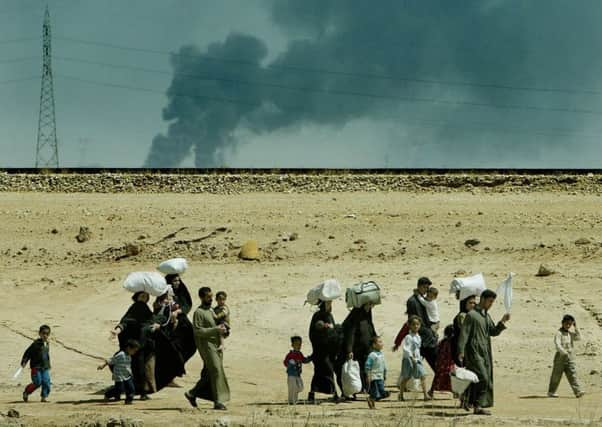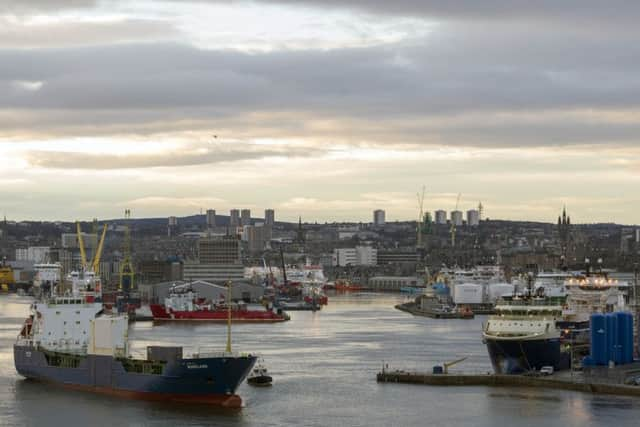Chilcot report: Aberdeen was 'to be twinned' with Basra
This article contains affiliate links. We may earn a small commission on items purchased through this article, but that does not affect our editorial judgement.


In one of the more unusual revelations of the 6275-page Chilcot report, Whitehall believed that twinning the cities could help build links between Iraq and the UK.
Frank Baker, head of the Iraq Group at the Foreign Office, made the suggestion in February 2009 ahead of the final withdrawal of UK forces from Iraq.
Advertisement
Hide AdAdvertisement
Hide AdHe wanted to rebuild the port’s capacity but also “focus on the long-term relationships between Basra and the UK”.


While, on the face of it, the Granite City and the second city of Iraq may seem an unlikely match, Mr Baker wanted to exploit their links to the oil and gas industry.
Mr Baker said: “I have asked my team to draw up a mini-strategy focusing especially on areas such as co-operation in the educational field, including universities, local government co-ordination, city twinning (perhaps focused on oil, eg Aberdeen, or as a centre for a religion eg Canterbury), co-operation in the field of the arts and museums.”
Basra sustained heavy losses after US and British troops invaded in March 2003 with thousands of troops fighting to take the city under coalition control.


British troops were stationed there for six years with the city suffering ongoing military action and sectarian violence.
Oil production has increased since the end of the war but still suffers from instability in the region.
Iraq remains the second-largest crude oil producer in the Organization of the Petroleum Exporting Countries (OPEC) after Saudi Arabia, and it holds the world’s fifth-largest proved crude oil reserves after Venezuela, Saudi Arabia, Canada, and Iran.
DOWNLOAD THE SCOTSMAN APP ON ITUNES OR GOOGLE PLAY
